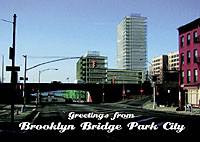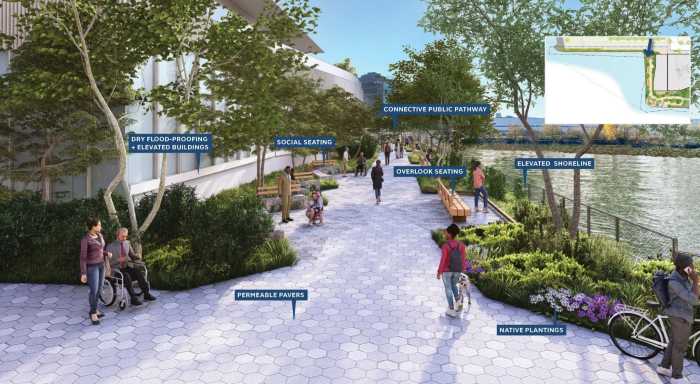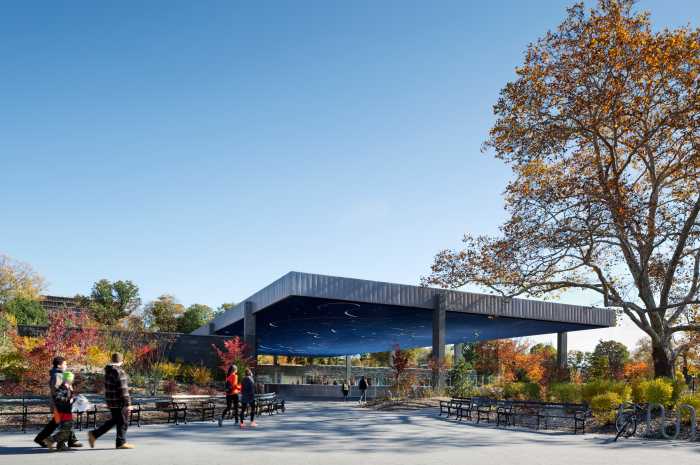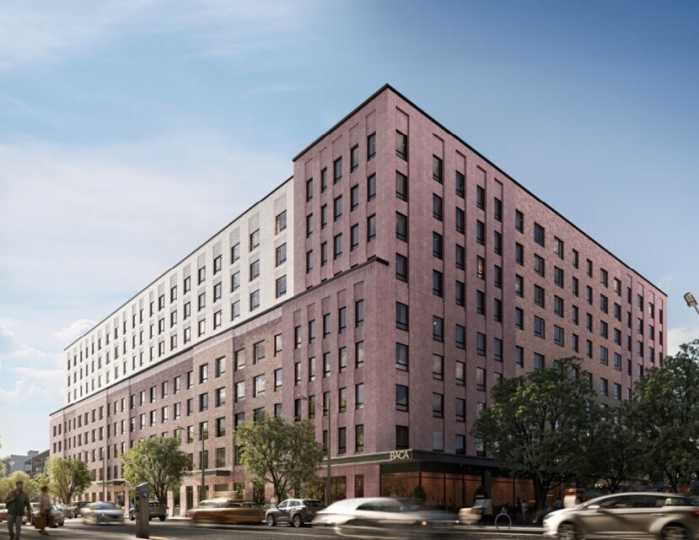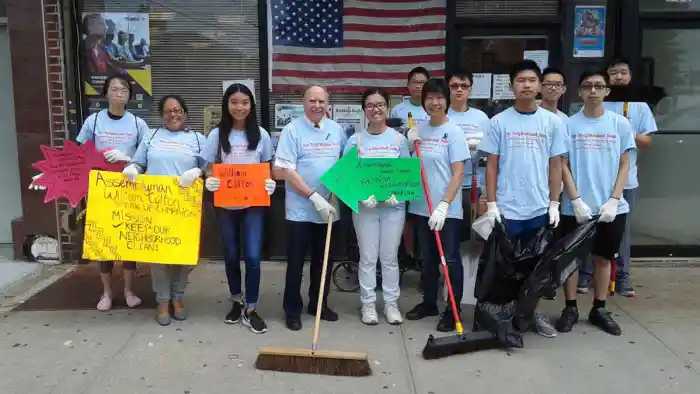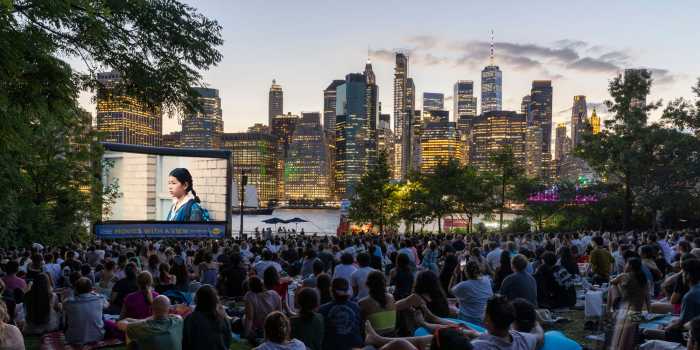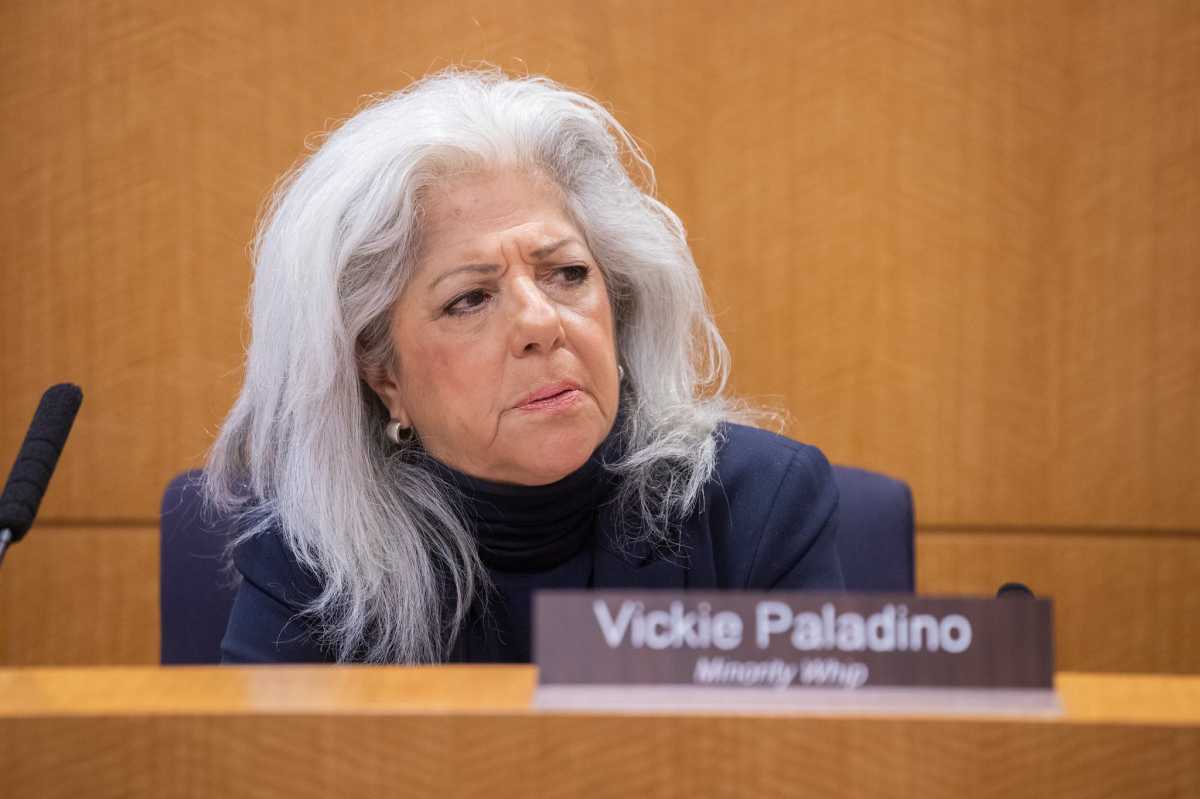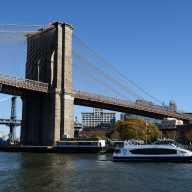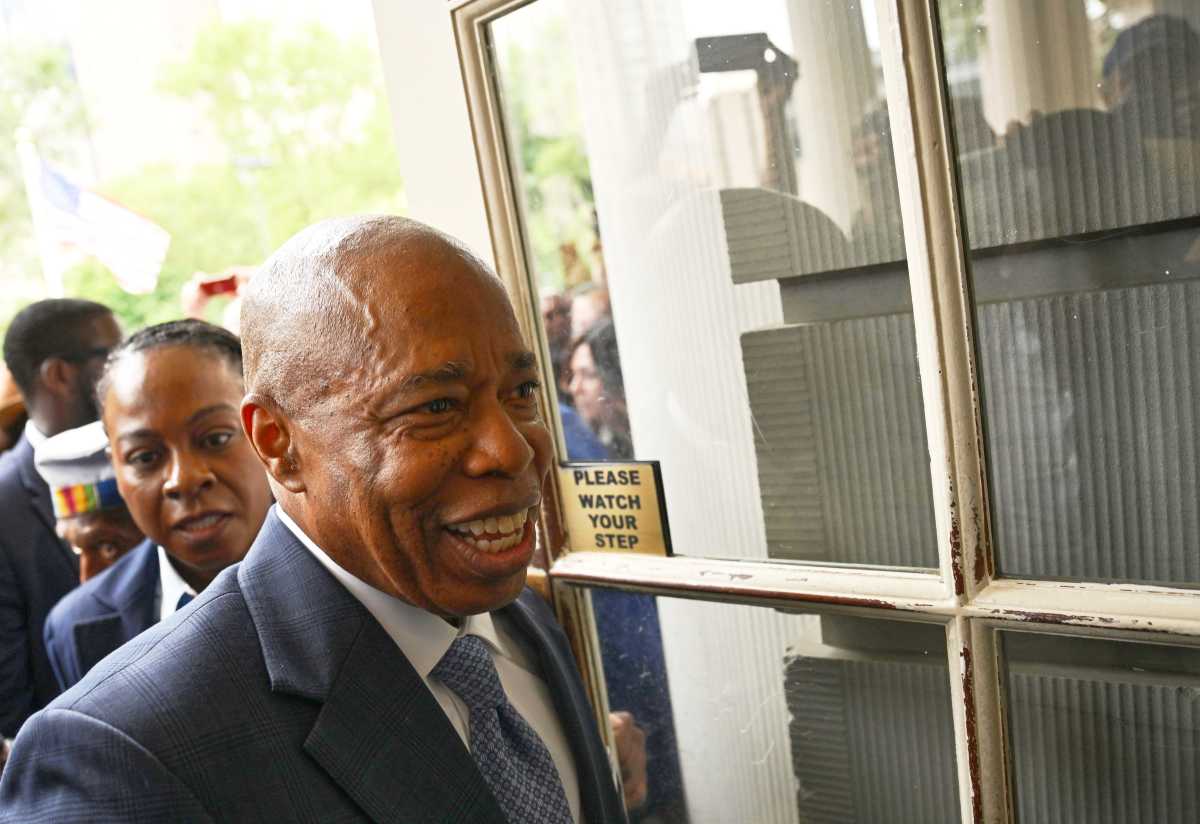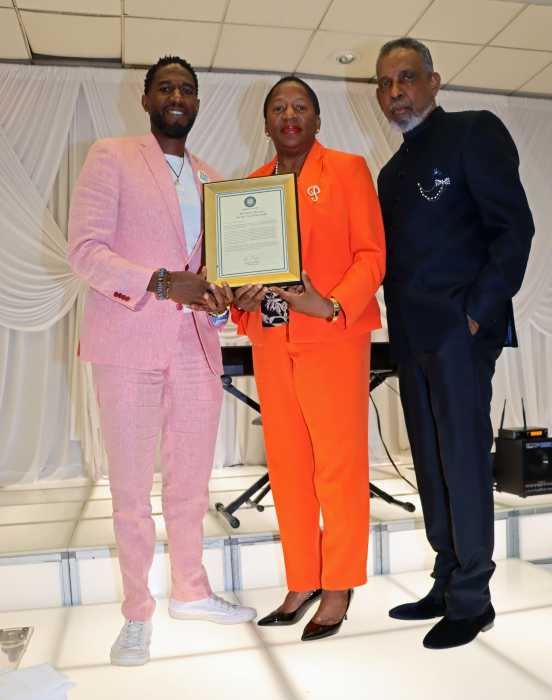Opponents of luxury condos in Brooklyn Bridge Park were dealt a blow on Thursday, when a consultant hired to find alternatives to new luxury housing inside the greenspace refused to consider existing property as a major revenue source for the park.
Specifically, the consultant hired by park officials ruled out considering the value of future property tax revenue from buildings currently owned by the tax-exempt Watchtower Bible an Tract Society because the buildings might not return to the tax rolls for a generation.
“Given the extent of Watchtower’s holdings in Brooklyn,” the report said, “it is reasonable to expect it to be a ‘patient seller’ who would sell its properties over a number of years and at points in market cycles that will maximize its profit.”
But that assessment was slammed by opponents of the housing funding scheme.
State Sen. Daniel Squadron (D–Brooklyn Heights) said that the city’s report put no effort into studying the properties — therefore paving the way for controversial high-rises to be built inside the park.
“Sadly, it turned into a political document instead of a useful and impartial report,” he said.
Given its parameters, the document could be little else; two major principals bound the consultant, Bay Area Economics: a) the 2002 agreement between the city and state that mandated that the $350-million park generate its own revenue for annual upkeep, and b) a requirement that the consultant not consider any revenue, such as property taxes, that otherwise would go into the city’s general fund.
Since even before he was elected in 2008, Squadron has sought ways to capture future revenue for park maintenance to avoid construction of a 20-story and 30-story residential building on the southern end of the park, plus another revenue-generating condo on the John Street portion of the riverfront greenspace.
Squadron an Assemblywoman Joan Millman (D–Carroll Gardens) did get park officials to create a Committee on Alternatives to Housing to find other revenue sources.
Squadron urged the committee to consider the so-called “Watchtower properties” — nearly 30 buildings that currently are not on the tax roles under federal laws that exempt religious groups from paying their fair share. He believes that those buildings could generate millions in property tax once they change hands.
The Watchtower properties weren’t included in the consultant’s initial report in February — an omission that enraged Squadron, Millman, Community Boards 2 and 6, and other locals.
In its final report issued late Thursday, the consultant again declined to consider the properties, which may indeed remain unsold for years. Instead, the consultant studied nine revenue streams, including sponsorships, vendor fees and a park improvement district, which, like a business improvement district, would levy a small tax on property owners near the park.
All told, the consultant found only $7 million in revenue sources — a figure that suggests that housing is inevitable.
Regina Myer, president of the Brooklyn Bridge Park corporation, would not comment on the exclusion of the Watchtower properties as a source of funding.
“We’re optimistic that we will soon finalize a funding plan and move forward building the rest of the park,” she said.
Squadron said that everything is on the table to keep condos out of the park’s footprint. The senator and Millman have veto power over the future high-rises under the 2010 deal that gave the city control of the park and its construction.
“We’re going to continue to try to force the city into getting this park completed in good faith,” he said, adding, “Watchtower is still an option.”
The Committee on Alternatives to Housing will vote on whether or not to pass the report during a public meeting at the Brooklyn Public Library [280 Cadman Plaza West, between Johnson and Tillary streets in Brooklyn Heights, (718) 623-7100] on June 14 at 2 pm. For info, visit www.brooklynbridgeparknyc.org.


